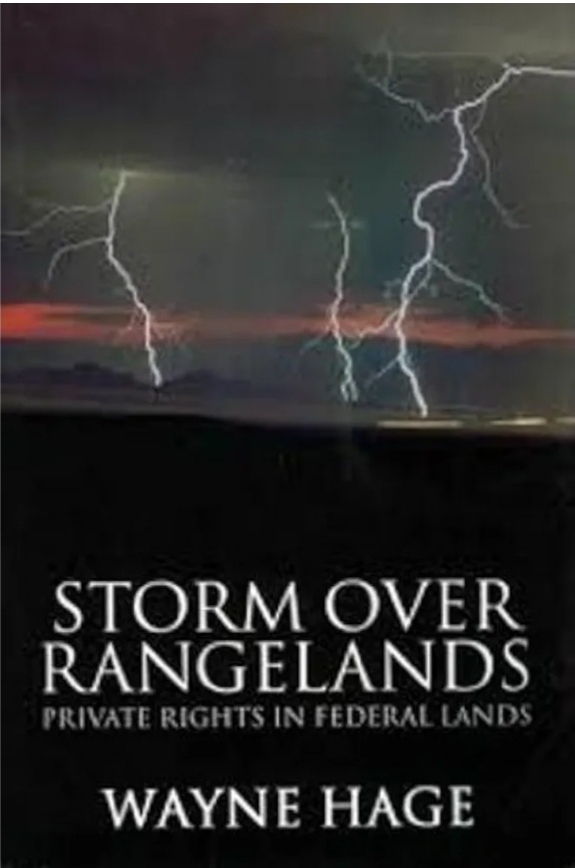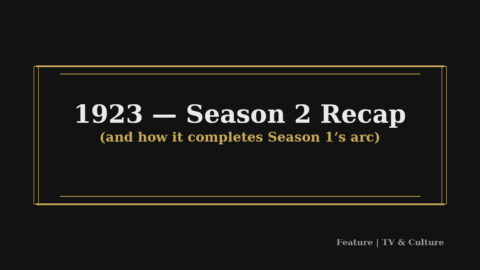Introduction
In the annals of the modern American West, few books have had the impact—or provoked as much controversy—as Wayne Hage’s Storm over Rangelands: Private Rights in Federal Lands. Published in 1989, Hage’s work quickly became a touchstone for ranchers, property rights advocates, and critics of federal land management alike. Its arguments echo in today’s debates over everything from grazing rights and water access to the broader questions of constitutional authority and the scope of federal power.
Historical Context: The Range Wars Reborn
The conflict at the heart of Hage’s story is not new. Since the federal government acquired vast territories in the West, questions about who owns, controls, and benefits from public lands have simmered—sometimes exploding into open confrontation, as in the “range wars” of the late 19th and early 20th centuries.
By the 1980s, however, the landscape had shifted. The environmental movement, changing regulations, and an assertive Bureau of Land Management (BLM) and Forest Service made it harder for traditional ranching families to survive. Wayne Hage, a Nevada rancher and a constitutionalist, found himself at the center of this battle—not just for his own ranch, Pine Creek, but for the very principle of private property.
The Hage Argument: What Is a “Right” on Federal Land?
A. The Split Estate
At the heart of Storm over Rangelands is Hage’s challenge to the mainstream understanding of public lands. The federal government claims ownership of almost half the land in the West, but Hage argues that “split estate” rights—grazing, water, and access—were granted to settlers under laws like the Homestead Act, Mining Act, and Desert Land Act. These rights, he claims, are “property” protected by the Constitution and cannot be taken without just compensation.
B. Water Rights and Grazing: The Lifeblood of the West
Hage’s most detailed legal arguments center on water. In arid Nevada, access to water determines everything. Under Western water law (the doctrine of prior appropriation), rights to use water for beneficial purposes (like ranching) can be privately held—even if the land itself is federally owned. Hage contended that his family’s water rights and grazing rights were private property—not privileges doled out at the government’s pleasure.
C. The Takings Clause and Due Process
The U.S. Constitution’s Fifth Amendment prohibits the taking of private property “for public use, without just compensation.” Hage maintained that federal agencies, by restricting or revoking grazing permits and water access, were effectively seizing property without paying for it. This, he argued, was both illegal and un-American.
The Book’s Core Themes and Evidence
A. Documentation and Case Studies
Storm over Rangelands is not just polemic—it’s packed with legal citations, maps, and court documents. Hage details the history of land patents, water filings, and grazing rights, tracing them back to the original settlement of the West.
B. The New Range War: Bureaucracy vs. Rancher
Hage paints a picture of a bureaucratic juggernaut—BLM, Forest Service, and environmental lobbies—using red tape and regulations to drive ranchers off the land. He documents everything from changing grazing fees and “range improvement” requirements to legal harassment and permit cancellations.
C. Environmentalism as a Political Weapon
One of Hage’s most controversial arguments is that environmental regulations (often pushed by urban activists and distant politicians) are used as a pretext to reduce human activity on Western lands, favoring “wilderness” over working landscapes. He does not argue against environmental stewardship, but claims that the real motivation is often political: to concentrate power in federal hands.
The Hage Legal Battle: Decades in Court
The conflict did not stay on the page. Hage’s legal battle with the federal government stretched for decades, involving landmark court cases (notably Hage v. United States and United States v. Hage). The courts repeatedly wrestled with questions like:
- Are water and grazing rights on public lands true “property”?
- Can federal agencies “take” these rights by revoking permits or blocking access?
- How much power does the federal government have under the Constitution to regulate land it holds in trust?
While Hage’s estate won some victories (notably a 2008 federal court ruling recognizing certain property rights), many aspects remain contested, and the federal government continues to assert broad authority.
Legacy and Impact
A. Influence on Western Movements
Hage’s book galvanized a generation of ranchers and activists, inspiring groups like the Sagebrush Rebellion and later the Bundy family standoff. His legal theories have become standard fare for “property rights” groups, libertarians, and constitutionalists—though they remain hotly contested by federal agencies and many mainstream legal scholars.
B. Critiques and Counterarguments
Critics argue that Hage’s reading of history and law is selective. They point out that the federal government never fully relinquished ownership of Western lands (except where explicitly “patented” or homesteaded). Environmentalists warn that weakening federal authority could lead to overgrazing, privatization, and loss of national heritage. The courts, for their part, have often split the difference—recognizing some rights but maintaining federal supremacy.
C. Continuing Relevance
The issues Hage raised are not going away. The struggle over “public lands” is also a struggle over the future of the West, rural economies, and federalism itself. In an age of global governance, environmental regulation, and centralized power, the questions Storm over Rangelands poses—Who owns the land? Who gets to decide how it’s used? What does the Constitution really say?—are as urgent as ever.
Conclusion: A Warning and a Challenge
Wayne Hage’s Storm over Rangelands is both a legal brief and a call to arms. Whether you agree with his conclusions or not, his challenge is clear: Americans must not take property rights, local control, or constitutional limits for granted. When government agencies can, with the stroke of a pen, erase generations of investment and stewardship, the very idea of “private property” is in jeopardy.
For all who care about the future of the American West—and the meaning of freedom—Hage’s book remains required reading.






